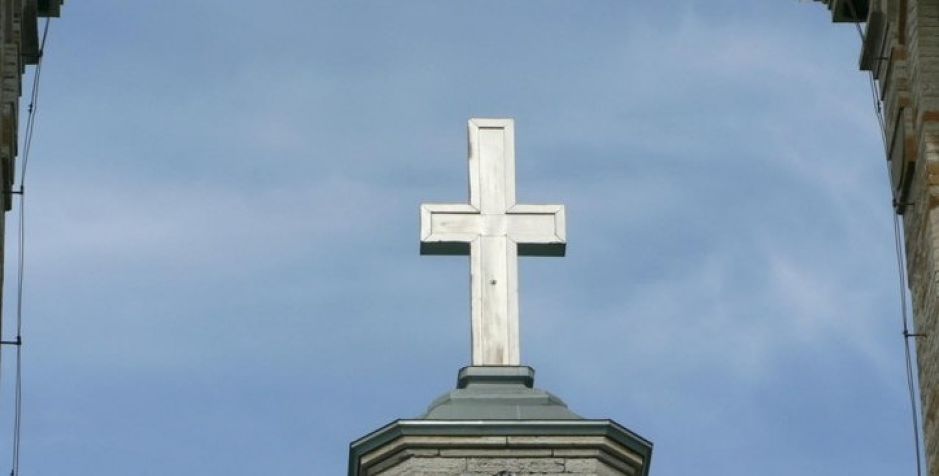Regular Discrimination of Churches and Religious Organizations By Unelected, Unaccountable Zoning Authorities
Four years ago, we filed suit against the Town of Vestal, New York on behalf of a Christian, non-profit organization seeking to provide a much needed ministry in that area for women recovering from addiction and emotional problems. For years, the organization successfully operated in a neighboring town without incident and, because of its success and increasing need in the area, the organization began to look for a new property to accommodate its growing ministry.
Following an extensive search, Candlehouse Teen Challenge found an ideal property to fulfill its mission. The property consisted of a church, as well as a residential facility with ample room for outdoor activities. Unfortunately, the town board and several unelected officials did not share in this same vision for the property. Following a highly contentious zoning process during which unelected town officials were given carte blanche authority to interpret and apply the zoning ordinances as they saw fit, Candlehouse’s application for zoning approval was arbitrarily denied. In fact, in the very midst of this process, one town official unapologetically admitted that no zoning applicant had ever been as closely scrutinized as Candlehouse.
Unable to utilize the property for its intended ministry, Candlehouse, represented by the ACLJ, filed suit in federal court and challenged the Town’s blatant discrimination against it and its students. Three years later, following a six day trial and jury verdict against the Town for discrimination, Candlehouse (now Hope Teen Challenge) was able to re-open its doors and fulfill its mission to help hurting women in need of ministry and healing.
Over the years, ACLJ has helped numerous religious organizations facing discrimination and unequal treatment by local zoning authorities. It is not uncommon for a municipality to severely limit the location of and circumstances under which a church or other religious organization can locate within its borders. Often times, these same limitations are not imposed on similar non-religious uses such as private clubs, lodges, theatres and other non-religious assembly uses. This unequal treatment is sometimes motivated by greed (most religious organizations are exempt from property taxes) and, other times, by a hostility towards religion. When the interpretation and application of zoning statutes are left to unelected officials, and no process for appeal to the elected governing body is provided, the only recourse available to religious organizations is to file a lawsuit challenging the zoning determination – an action most organizations cannot afford to take because it requires a diversion of already limited resources away from the organization’s mission to challenge the zoning decision.
The unfettered discretion given to these unelected officials can, and does, result in the illegal discrimination of churches and religious organizations, and serves as a sobering example of undemocratic bureaucracy on the municipal or state level.
The same occurs on a much broader scale on the federal level. As ACLJ Chief Counsel, Jay Sekulow, explains in his new book, “Undemocratic: How Unelected, Unaccountable Bureaucrats are Stealing Your Liberty and Freedom,” a fourth branch of government, the federal bureaucracy, is threatening our freedom. This fourth branch of unelected officials imposes thousands of laws each year – “laws never voted on by Congress, rarely reviewed by judges, and enforced often by [] agents of the very agency that wrote the rule.” The result: a corrupt branch of government that acts without accountability and regularly engages in the violation of our rights – many times the rights of conservatives and Christians – to “suppress dissent and discourage virtue.”




